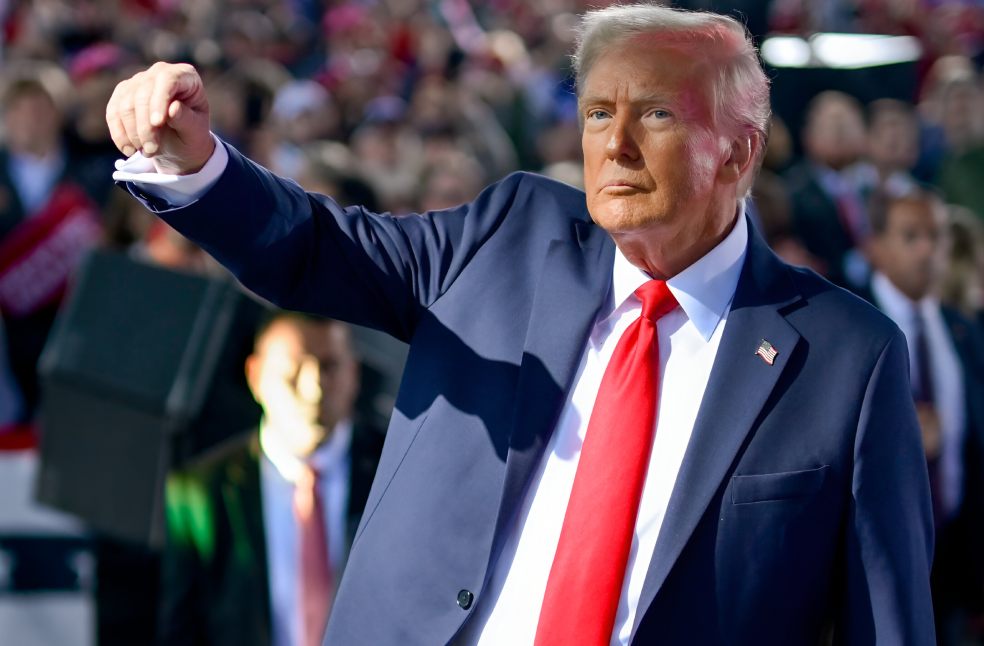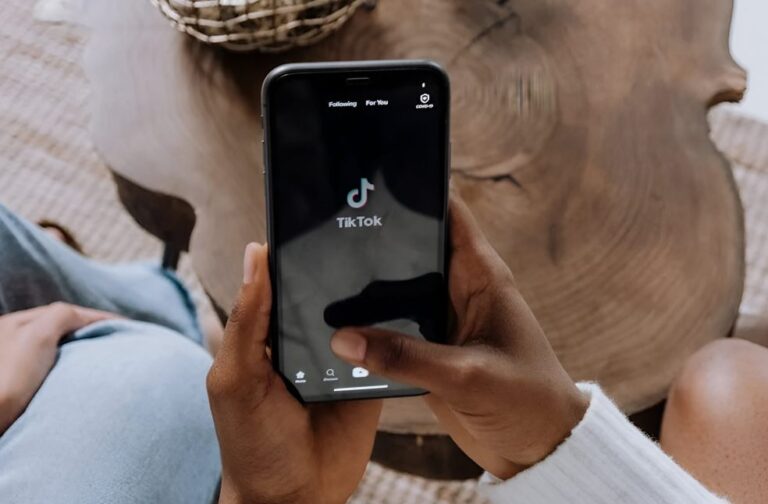United States: US President-elect Donald Trump is meeting TikTok CEO Shou Zi Chew at his Mar-a-Lago estate in Florida, as the social media giant fights to prevent a ban in the United States.
Under a law passed earlier this year, TikTok will encounter a nationwide ban unless it is sold by its Chinese parent company, ByteDance, before January 19. The app’s legal team has proposed an emergency application to the US Supreme Court requesting a delay to the ban’s enforcement.
The US government claims that ByteDance’s alleged ties to the Chinese state pose national security risks—an accusation TikTok and its parent company have repeatedly denied. While Trump supported a ban during his first term, he now resists it, partly citing worries about boosting Facebook, which he accuses of playing a role in his 2020 election defeat.
TikTok’s Supreme Court filing called for a “modest delay” to permit further judicial review and enable the incoming administration to reassess the matter. It warned that the ban would cause “immediate irreparable harm” to the platform and its millions of American users, describing TikTok as “one of the most significant speech platforms” in the country.

The filing pursues a federal appeals court ruling earlier this month that upheld the law, citing “extensive, bipartisan action” by Congress and multiple administrations. At a press conference, Trump signalled his willingness to reexamine the issue.
He stated that, “I have a warm spot in my heart for TikTok, because I won youth by 34 points. Some say TikTok had something to do with that. TikTok had an impact.” While most 18 to 29-year-olds voted for Trump’s Democratic opponent, Kamala Harris, in November, there was a noticeable swing toward Trump among young voters compared to 2020.
Trump’s TikTok presence, launched in June, has earned millions of followers and fuelled his outreach to younger demographics during the campaign. Trump’s second term would begin on January 20, one day after TikTok’s current deadline to sell or face a ban.



